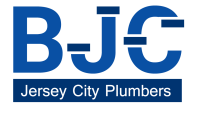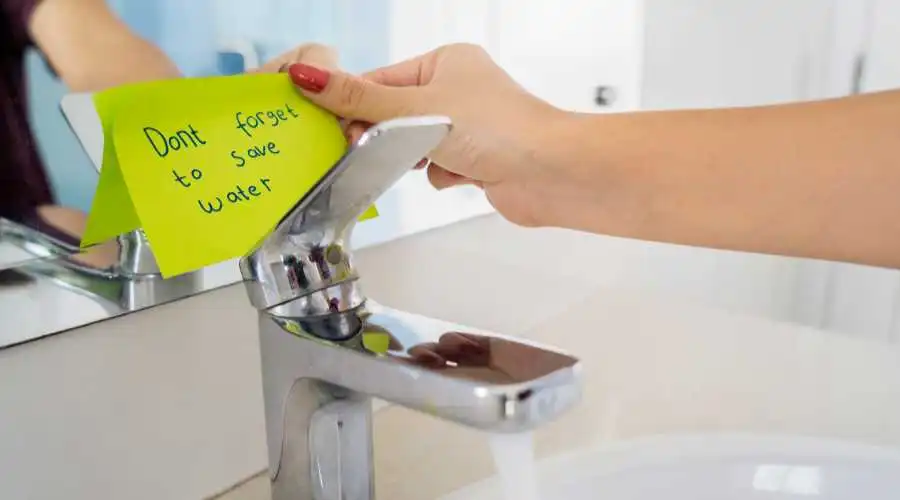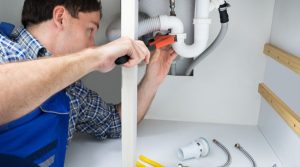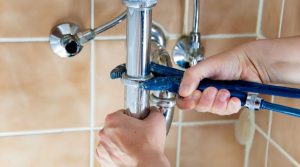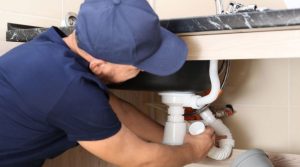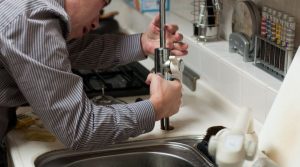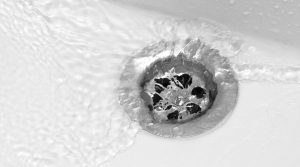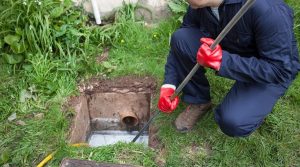Smart plumbing integrates advanced technology into your home’s water systems, offering improved efficiency, convenience, and sustainability. From leak detectors to smart faucets, these innovations are transforming how we manage water in our daily lives.
Key Takeaways
- Enhanced Efficiency and Convenience: Smart plumbing systems offer precise control over water usage, leading to significant conservation and cost savings.
- Proactive Maintenance: Advanced leak detection and monitoring features allow for early issue identification, preventing costly damages.
- Environmental Sustainability: By optimizing water consumption, smart plumbing contributes to eco-friendly living practices.
Benefits of Smart Plumbing
- Water Conservation and Cost Savings
Smart plumbing devices provide real-time data on water usage, enabling homeowners to monitor and adjust consumption patterns. This heightened awareness can lead to substantial reductions in water bills and promote environmentally responsible habits. - Early Leak Detection
Advanced sensors in smart plumbing systems can detect leaks at their inception, alerting homeowners immediately. Early detection prevents minor issues from escalating into significant problems, saving on repair costs and avoiding potential water damage. - Remote Accessibility
Many smart plumbing fixtures can be controlled remotely via smartphone applications. This feature allows users to manage water usage, monitor system status, and receive alerts from anywhere, enhancing convenience and control. - Enhanced Hygiene
Touchless faucets and self-cleaning toilets reduce physical contact, promoting better hygiene. These features are particularly beneficial in maintaining cleanliness and reducing the spread of germs within households.
Considerations Before Upgrading
- Initial Investment
The upfront cost of smart plumbing devices and their installation can be higher compared to traditional fixtures. Homeowners should weigh these initial expenses against long-term savings and benefits. - Technical Challenges
Integrating smart plumbing systems may require technical expertise, and users might face a learning curve to operate new technologies effectively. Ensuring compatibility with existing plumbing infrastructure is also crucial. - Reliability Concerns
As with any technology, smart plumbing systems can experience glitches or malfunctions. Dependence on internet connectivity means that network issues could impact system performance.
Frequently Asked Questions (FAQs)
Q1: What is smart plumbing?
A: Smart plumbing involves integrating advanced technologies into plumbing systems to enhance efficiency, monitoring, and control of water usage.
Q2: How do smart leak detectors work?
A: Smart leak detectors use sensors to monitor water flow and detect anomalies that may indicate leaks, sending immediate alerts to homeowners.
Q3: Are smart plumbing fixtures difficult to install?
A: While some devices may require professional installation, many smart plumbing fixtures are designed for easy integration with existing systems.
Q4: Can smart plumbing systems operate without an internet connection?
A: Many smart plumbing devices rely on internet connectivity for remote monitoring and control; however, basic functionalities may still operate offline.
Q5: Do smart plumbing systems require regular maintenance?
A: Regular maintenance is recommended to ensure optimal performance, similar to traditional plumbing systems.
Q6: How do smart faucets contribute to water conservation?
A: Smart faucets can regulate water flow and temperature, reducing unnecessary usage and promoting efficient water consumption.
Q7: Are smart plumbing systems compatible with older homes?
A: Many smart plumbing devices are designed to integrate with existing plumbing infrastructures, making them suitable for older homes.
Q8: What are the energy implications of smart plumbing systems?
A: Smart plumbing systems can optimize water heating and reduce wastage, leading to lower energy consumption and utility bills.
Q9: Can smart plumbing systems detect all types of leaks?
A: Advanced smart plumbing systems are equipped to detect various leak types, from minor drips to significant pipe bursts.
Q10: How do smart toilets enhance user experience?
A: Smart toilets offer features like automated flushing, bidet functions, and heated seats, enhancing comfort and hygiene.
Conclusion
Embracing smart plumbing technology offers numerous benefits, including improved water management, cost savings, and enhanced convenience. However, it’s essential to consider factors like initial costs, technical requirements, and potential reliability issues. By carefully evaluating these aspects, homeowners can make informed decisions about integrating smart plumbing solutions into their residences, paving the way for a more efficient and sustainable future.
Need reliable plumbing? Contact us anytime for fast, professional solutions to all your plumbing needs. BJC Plumbers proudly serves Jersey City, NJ—handling leaks, broken pipes, and more!
Click here to see our full list of services.
